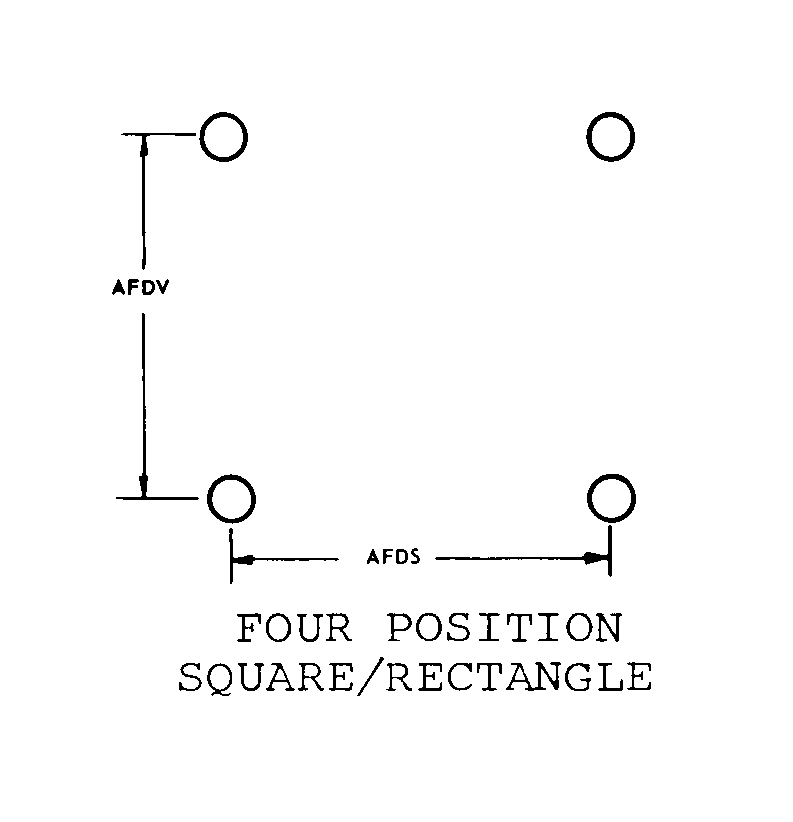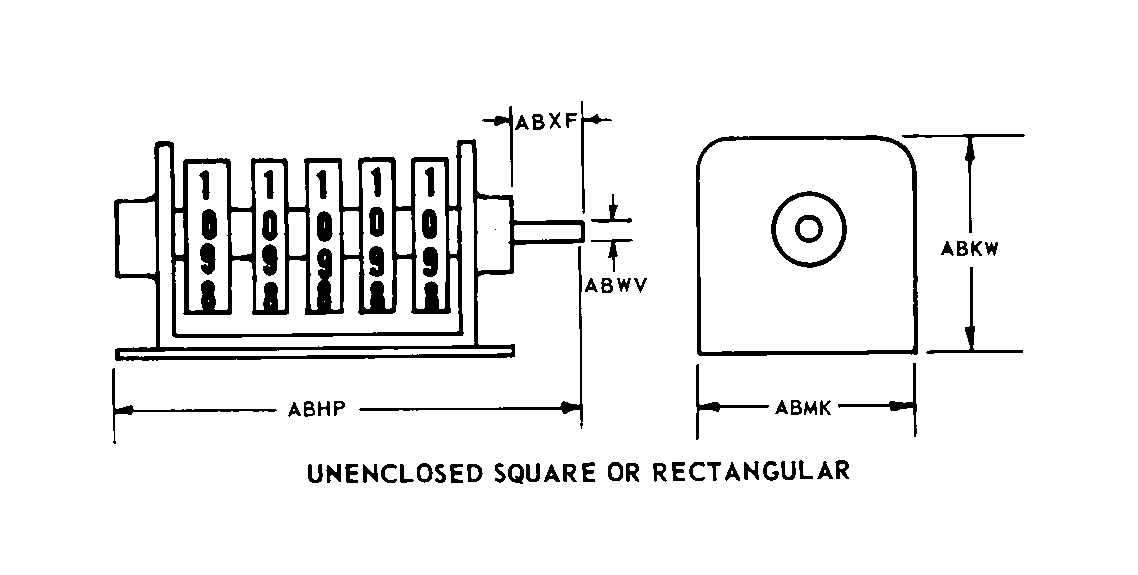6680005315025
Price Quote Get an up to date pricing and availability quote for this product. Order online or over the phone.
Quality Commitment
Serving our customers with quality and safety first.
- AS9120 Certified
- Audited supply chain
- ITAR Registered
- DDTC Registered
- HAZMAT Certified
- Customer service objectives
- Every product 100% inspected

6680-00-531-5025 Specification Set by the OEM (see RNCC code 3)
7.562in. ⁓7-9/16"
5.359in.
3.750in.
any acceptable
any acceptable
any acceptable
any acceptable
1
8 single register single tier
0.031in. single register single tier
36.0 single register single tier
150.0 per minute single register single tier
four position square/rectangle
add single register single tier
right side single register single tier
4 unthreaded hole
panel rear single register single tier
drum
0000000 single register single tier and 99999999 single register single tier
nonresettable
white single register single tier figure background
unenclosed square or rectangular
Cross Reference Parts Part numbers that meet the specification outlined on this page and set by the OEM
Identification Item Identification Guide (IIG) and Item Name Code (INC)


Definition Definition of approved item name (AIN): "COUNTER,RECIPROCATING"
An instrument designed to register and total numerically the movements of a ratchet, actuated by means of a reciprocating lever or plunger. It may have a fixed type mounting or designed to be hand held. Excludes numbering machine (as modified).
6680-00-531-5025 Material Hazmat, Precious Metals, Criticality, Enviroment, and ESD
Indicates there is no data in the hmirs and the nsn is in a fsc not generally suspected of containing hazardous materials.
Precious metal content is unknown
The item does not have a nuclear hardened feature or any other critical feature such as tolerance, fit restriction or application.
Identification Codes
HMIC: Hazardous Material Indicator Code. A one position code that identifies a hazardous item.
PMIC: Precious Metal Indicator Code. A one position code which identifies items that have precious metals as part of their content. precious metals are those metals generally considered to be uncommon, highly valuable, and relatively superior in certain properties such as resistance to corrosion and electrical conductivity.
ESD: Electrostatic Discharge. Indicates if an item is susceptible to electrostatic discharge or electromagnetic interference damage. electrostatic discharge damage occurs when an accumulation of static electricity generated by the relative motion or separation of materials is released to another item by direct contact. electromagnetic interference damage occurs when an item comes into proximity with an electrostatic or magnetic field.
ENAC: Enviromental Attribute Code. Identifies items with environmentally preferred characteristics.
CRITL: Criticality Indicator Code. Indicates an item is technically critical by tolerance, fit, application, nuclear hardness properties, or other characteristics.






